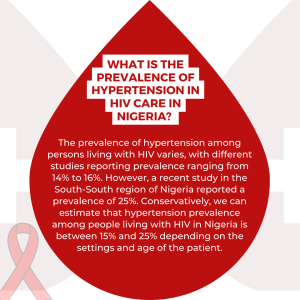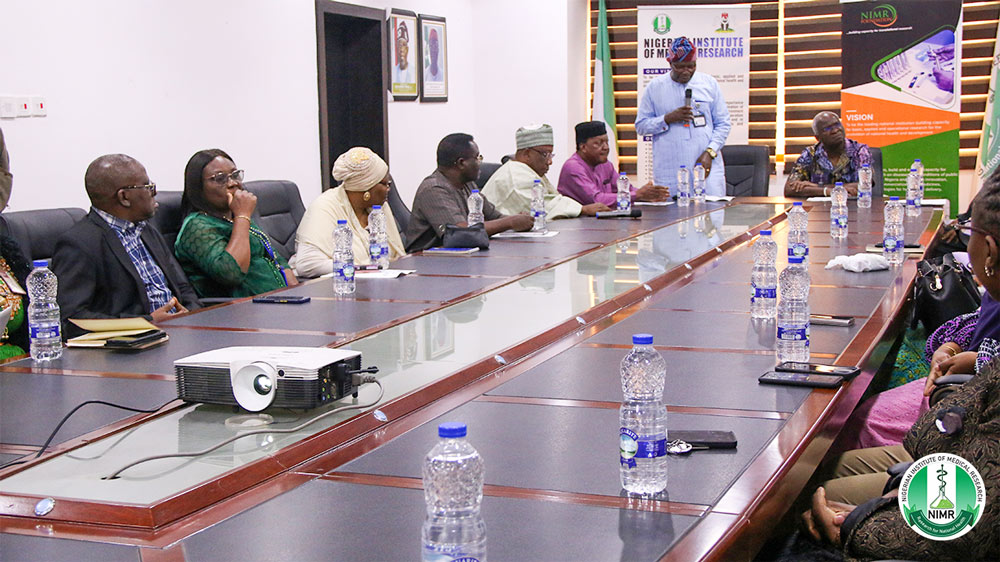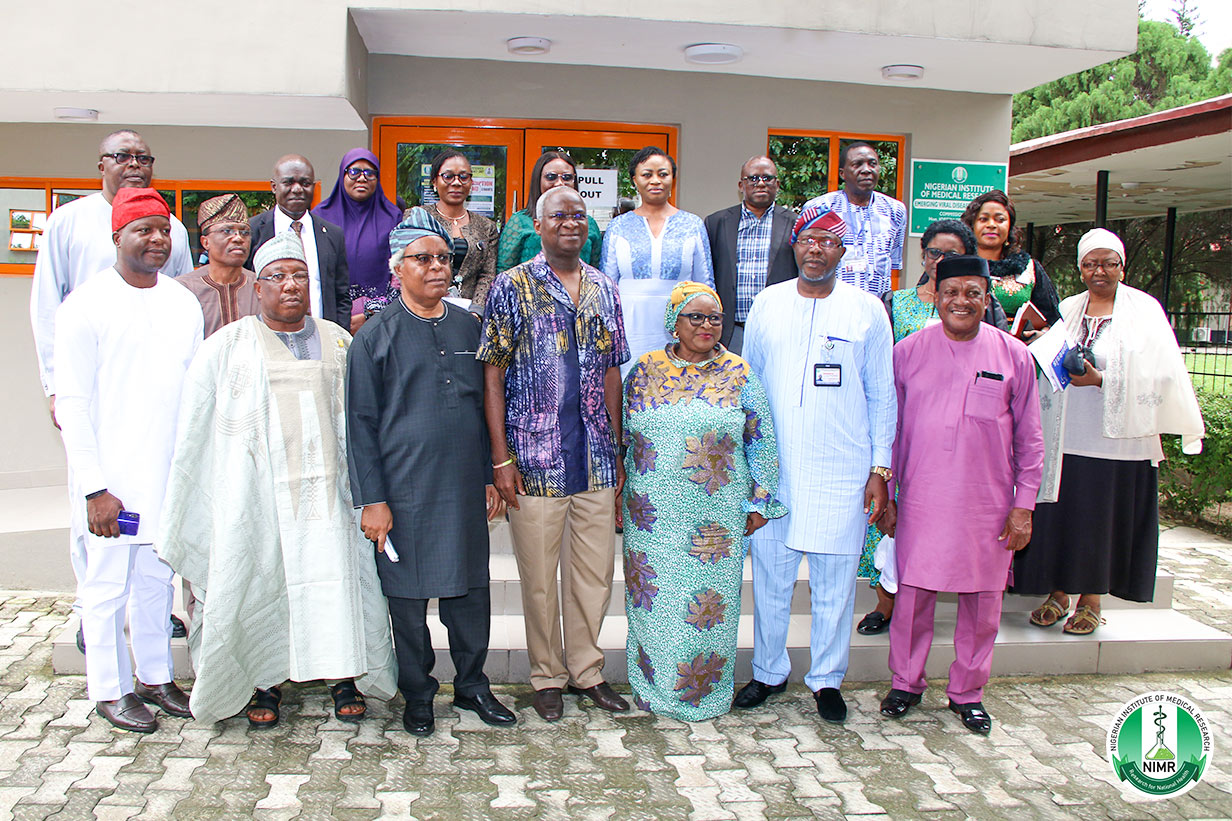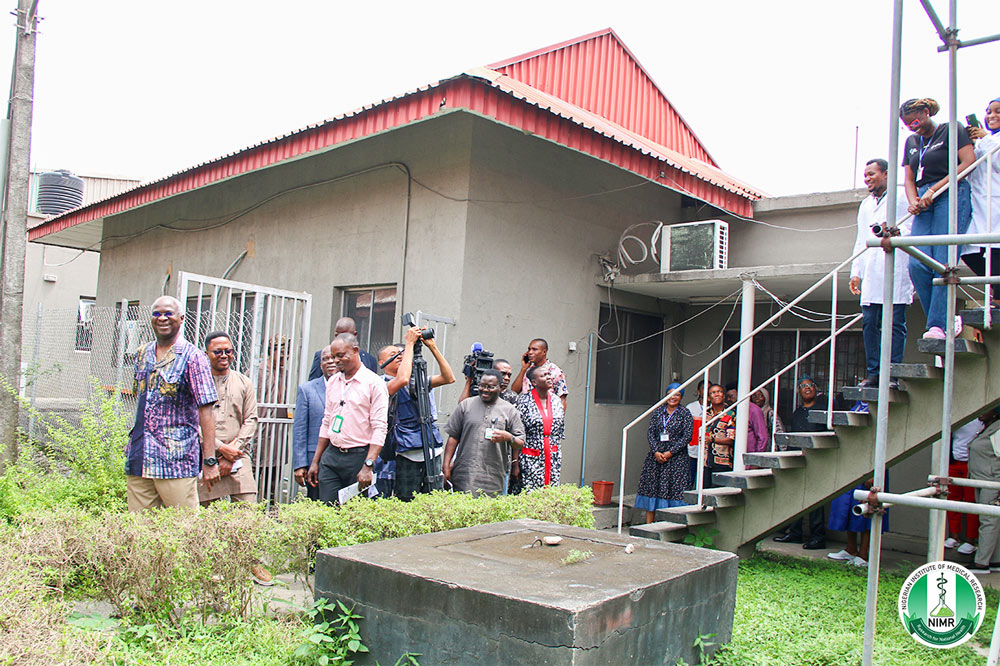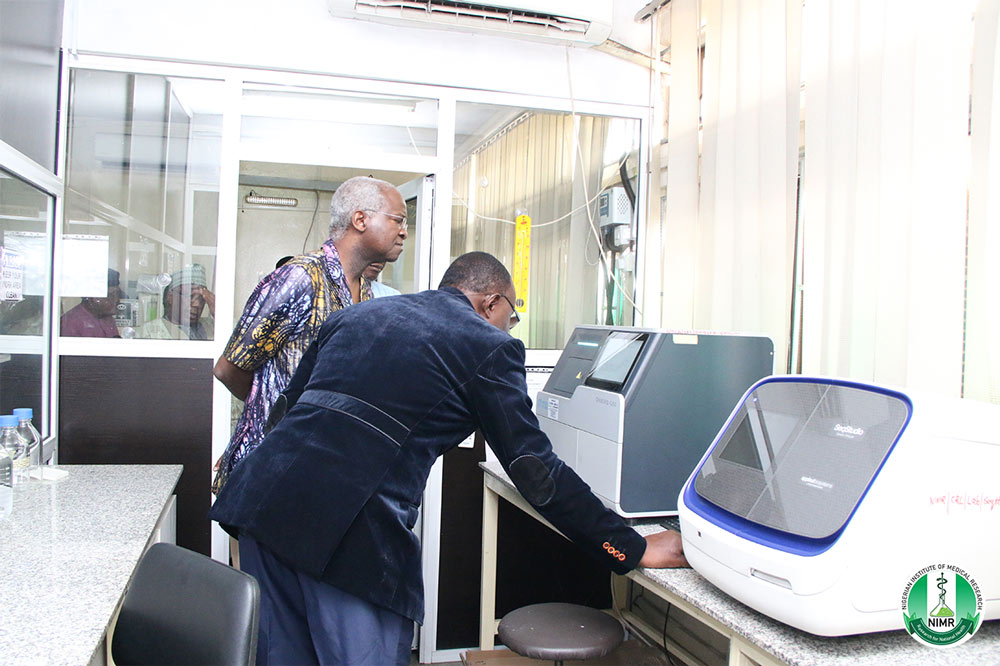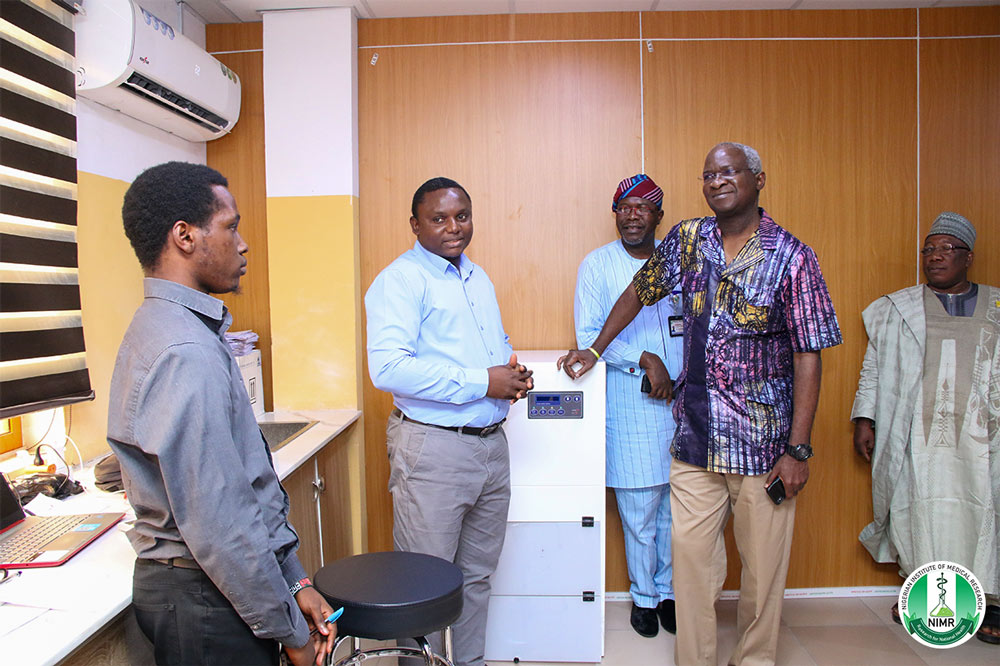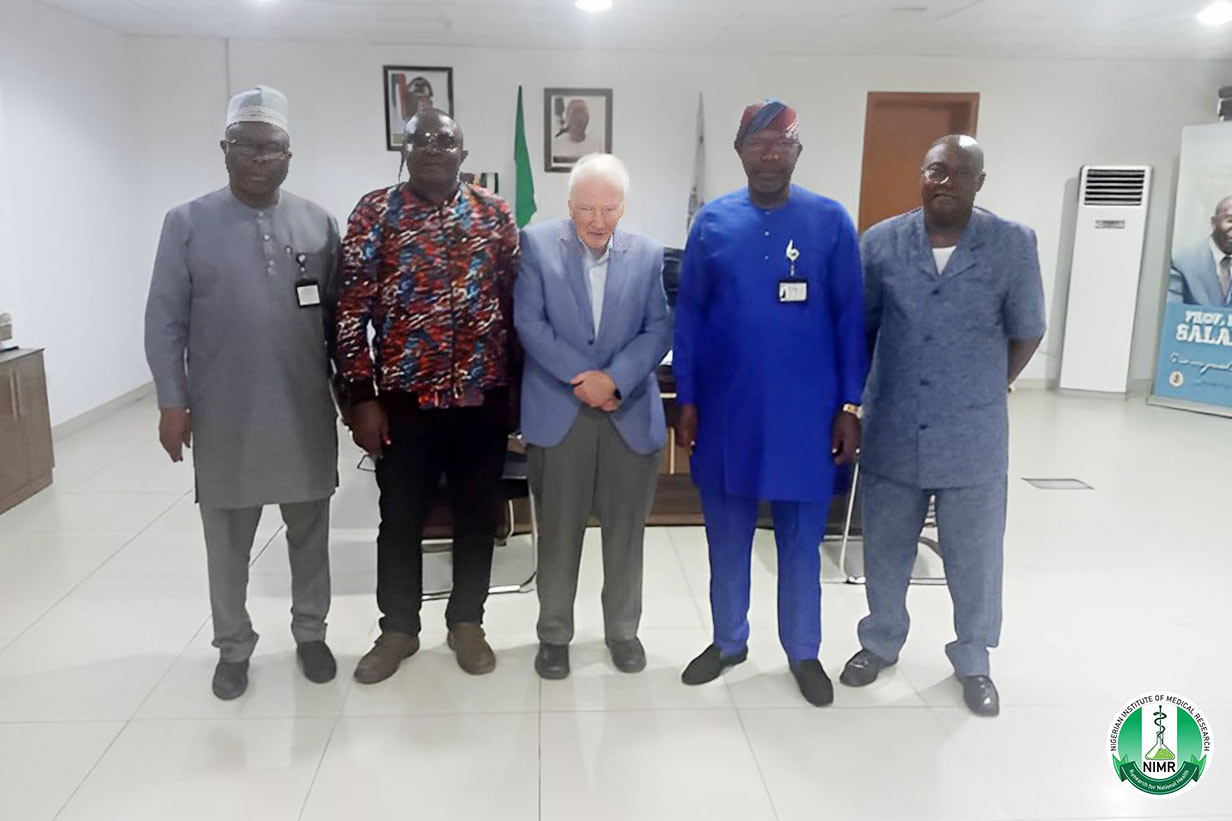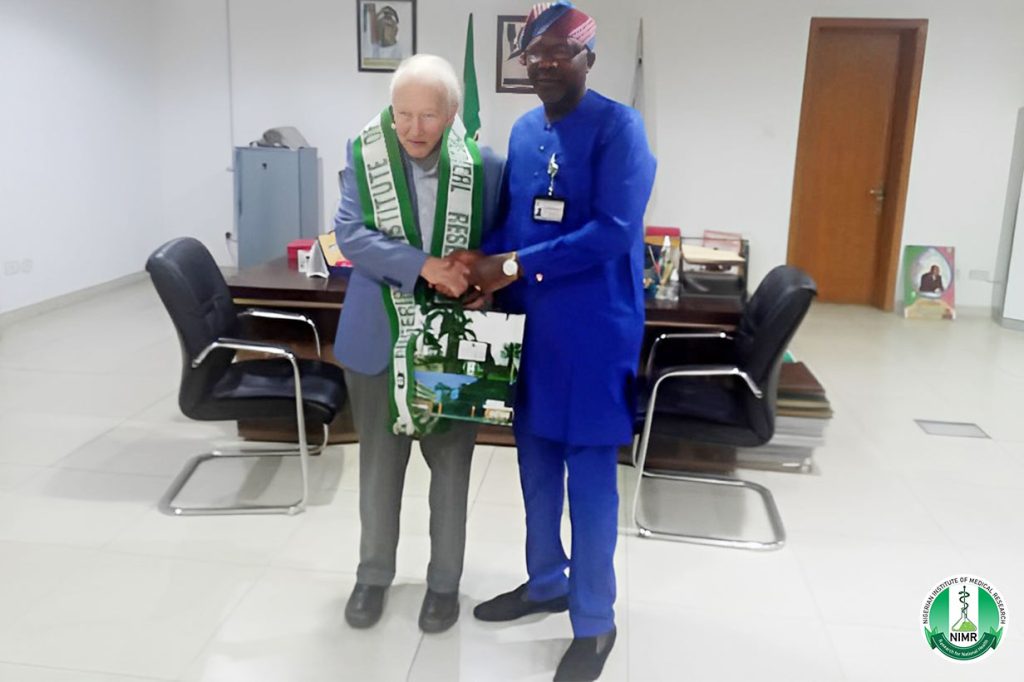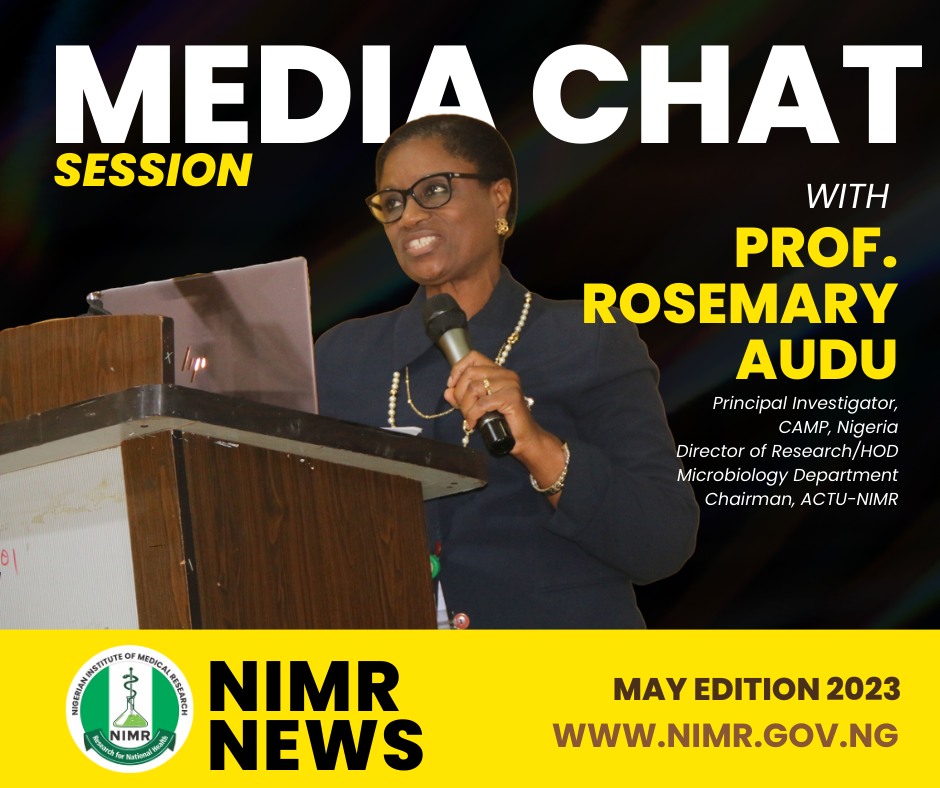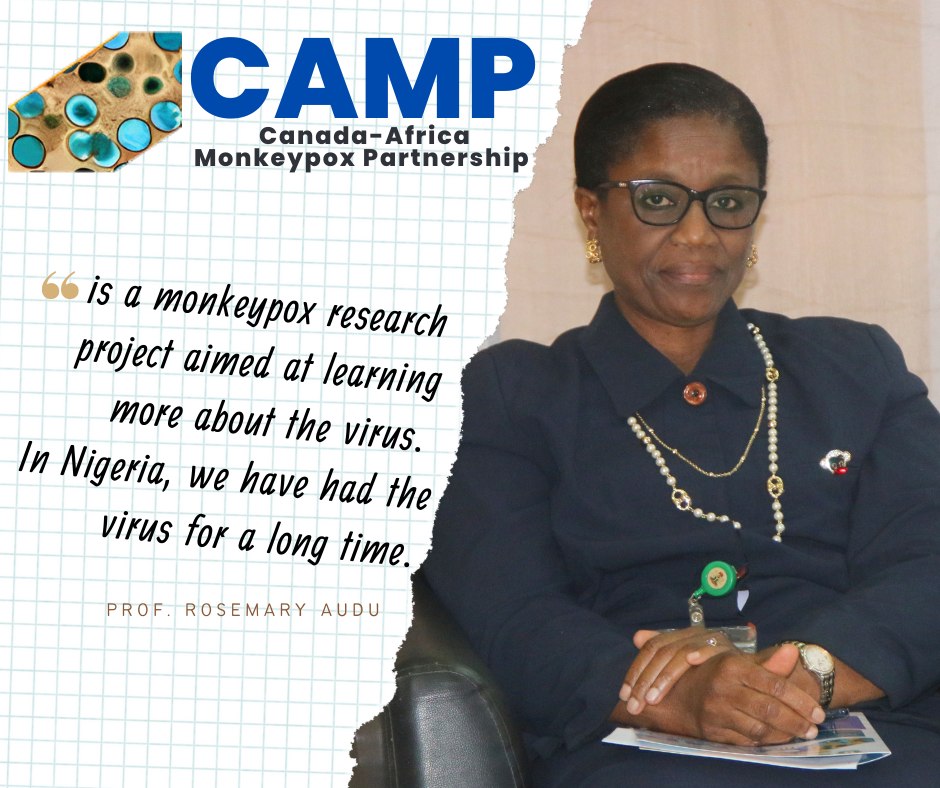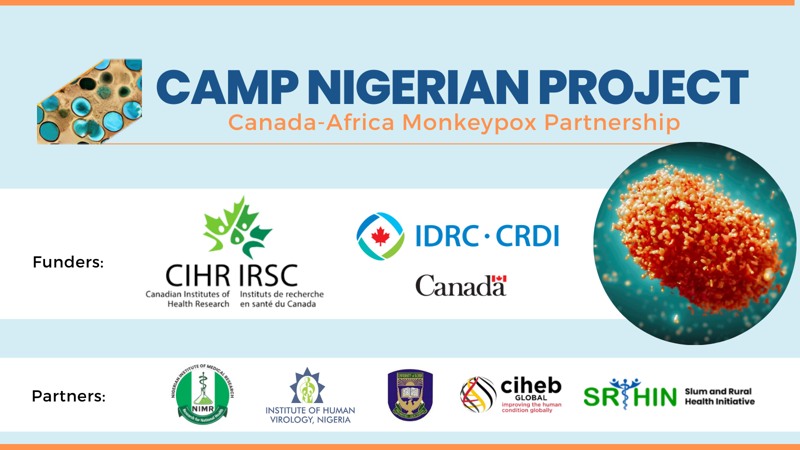Can you tell us about your background and how you became interested in health research and innovation?
My name is Dr. Joseph Ojonugwa Shaibu. I am a Molecular Virologist and an Innovator. I work at the Centre for Human Virology and Genomics, Microbiology Department, NIMR, Lagos. I hold a Bachelor’s degree in Microbiology from Obafemi Awolowo University in Ile-Ife, Osun State, Master of Science degree in Medical Microbiology with specialization in Virology from the College of Medicine, University of Lagos. I continued my academic pursuits with a Ph.D. in Microbiology, specializing in Virology, at Lagos State University (LASU).
I have profound interest in research, particularly on viruses. This interest stems from the realization that numerous diseases, both globally and in our nation, are caused by viruses. Unfortunately, the lack and or cost of adequate diagnostic tools has denied the world the knowledge of many causes of diseases in our communities which have been implicated in significant number of fatalities and other health challenges. My interest in virology is driven by the desire to identify and characterize these key viruses of public health significance within our nation and to develop locally-made diagnostic kits capable of detecting them.
What are some of the key research projects you have worked? What inspired you to pursue these specific projects and how do they transpire to innovative products?
Growing up in a village, I witnessed a lot of deaths whose sources were unknown, hence were often attributed to mystical sources and “gods”. In cases where the illnesses manifest febrile symptoms, they are treated as malaria or typhoid fever with traditional concoctions. Even clinics in majority of the communities diagnose such manifestations as either malaria or typhoid fever due to a lack of other diagnostics kits that could detect other pathogens which manifest fever. The need to bridge this gap in diagnosis influenced me into development of diagnostics. It became evident to me that numerous viral agents can cause severe and sudden illnesses. In Nigeria, research in this field faced limitations, particularly due to the absence of affordable diagnostic kits. This lack of knowledge about the causative agents of infections hindered problem-solving efforts.
In 2019, I had the privilege of traveling to China to acquire expertise in designing and development of serological and molecular diagnostic kits at China CDC, Beijing, China. The knowledge gathered from there has since helped us to develop four RT-qPCR kits: SCODA, Yellow fever, Lassa fever and MpoX RT-qPCR kits. SCODA kit was used immensely during the pandemic for COVID-19 testing at NIMR and various Nigerian laboratories, most of which still use it now. It has also been published in a public journal.
Monkeypox kit is our latest innovation, developed for an international grant in collaboration with Canadian partners. Other kits are in the pipeline.
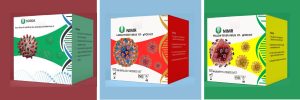
What specific area of health research or project are you currently working on?
As mentioned earlier, I am a Molecular virologist and my work is majorly centered on viruses. Currently, I am focused on Viral Hemorrhagic Fever Viruses, Lassa Fever and Arboviruses (including Rift Valley, Crimean Congo Hemorrhagic fever, Chicago Westnile, Yellow fever, and Zika virus). These pathogens are prevalent in our society and are primarily transmitted through mosquito bites. Unfortunately, the true burden of these infections are unknown due to lack of research. I am part of the Viral Surveillance Team at NIMR, headed by Prof. Rosemary Audu, we are conducting a nationwide surveillance of these Arboviruses and Hemorrhagic viruses. We have made promising progress, with some results published and others at the review stage in public journals.
Can you discuss collaborations and mentorship that has greatly impact your research work and the outcome?
You cannot effectively conduct research without collaborations. In the Viral Surveillance Team at NIMR, we collaborate with institutions such as UNILORIN and UNILAG. We also provide grants to students pursuing their Masters and PhDs from these institutions to collaborate with us. In addition, we have collaborations with NCDC and Institut Pasteur in Senegal and through those collaborations, we have an ongoing WHO/TDR grant. We are also part of the Canadian Monkeypox Partnership (CAMP) grant, collaborating with a Canadian team that is Principal led by Prof. Rosemary Audu of which I am also a co-investigator. When developing kits, we collaborate with NCDC and other laboratories for validation. Prof. Sunday Omilabu’s laboratory in Lagos University Teaching Hospital (LUTH) is one such collaborator that validates our kits.
What challenges would consider or setbacks in your research endeavors? How did you handle or overcome them?
One of the major challenges in research is funding. However, in NIMR, Prof. Babatunde Lawal Salako, our Director General, has been instrumental in supporting research endeavors. I have personally faced financial setbacks, as research results do not always yield positive outcomes. But we have a DG that does not hesitate on spending money on what does not turn out positive. He encourages us by saying “even a negative result is a result”. He consistently funds our research efforts. While we have made significant strides, we need additional funding from external sources to support our innovations.
Another significant challenge is the commercialization of our research findings. Despite having developed kits with extensive detection capabilities, we struggle to find investors, and collaborators to bring these innovations to the market. This is a pressing issue that hinders the widespread availability of our products for research purposes.
Where do you see yourself and your research work in the next five years?
In the next five years, I envision my research becoming a global phenomenon. Many sub-Saharan African countries lag behind Nigeria in terms of research outcomes and access to developed kits. With over 130 molecular laboratories in Nigeria, driven in part by the COVID-19 pandemic, and policies supporting the use of locally-developed kits, I anticipate that these kits will become readily available across Nigeria. This will enable vigorous pathogen detection and contribute to a better understanding of infection burdens within the country, ultimately improving infection management.
What are your long-term goals as researcher with keen interest in developing innovative products from research?
My long-term goals include development of vaccine candidates and therapeutics for each of the diseases of public health concern in Nigeria. Also, I intend to constantly upgrade my knowledge in line with the evolving technologies to solve health challenges.
What infrastructure or efforts would you suggest that NIMR management should add to what are in place to enhance capacity for innovative research in the institute?
Currently, NIMR has a lot of resources in terms of materials and machines. For sequencing, for example, we have all the generations of sequencers so we do not lack sequencing capacity, for other things like Oligosynthesis, we have an Oligo Synthesizer that we use to synthesize our primers. To enhance our work, we are seeking to acquire the capability to synthesize probes. As we move on, we hope to establish a standardized Animal House facility, crucial for vaccine and drug development.
Furthermore, we require the standardization of our Biosafety Level 3 (BL3) Laboratory for broader accessibility. NIMR is doing well as far as the acquisition of machines and resources needed for research are concerned, placing us on par with institutions worldwide.
What advice would you give to other young inventors and researchers who are just starting their journey along your path?
The first thing in life is to know what you want to do because your passion will drive what you become. One thing I will advise young researchers is to define their objectives early and channel their energy, time, and resources into them. There is nothing you put energy and time into that will not bring back a positive result. So, they should get to know what they want to do on time, look for mentors, and put their energy, time, and money there, and with time, they will become what they are meant to be.


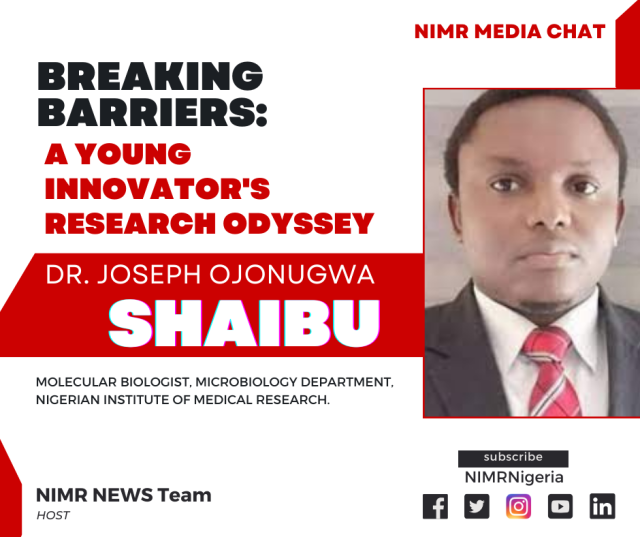
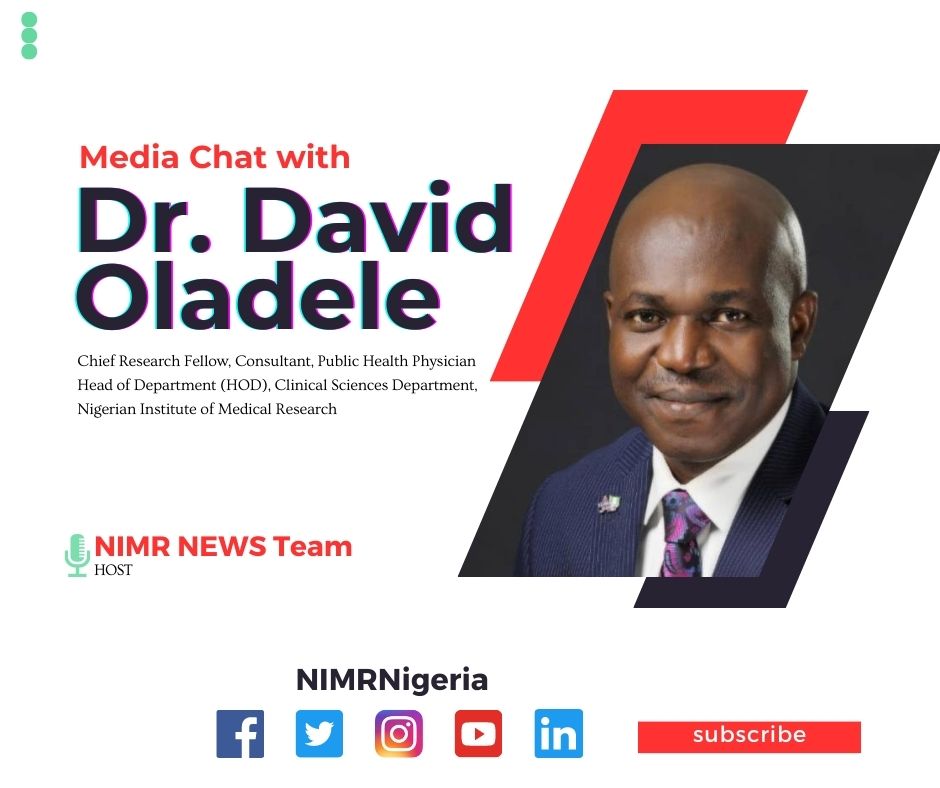
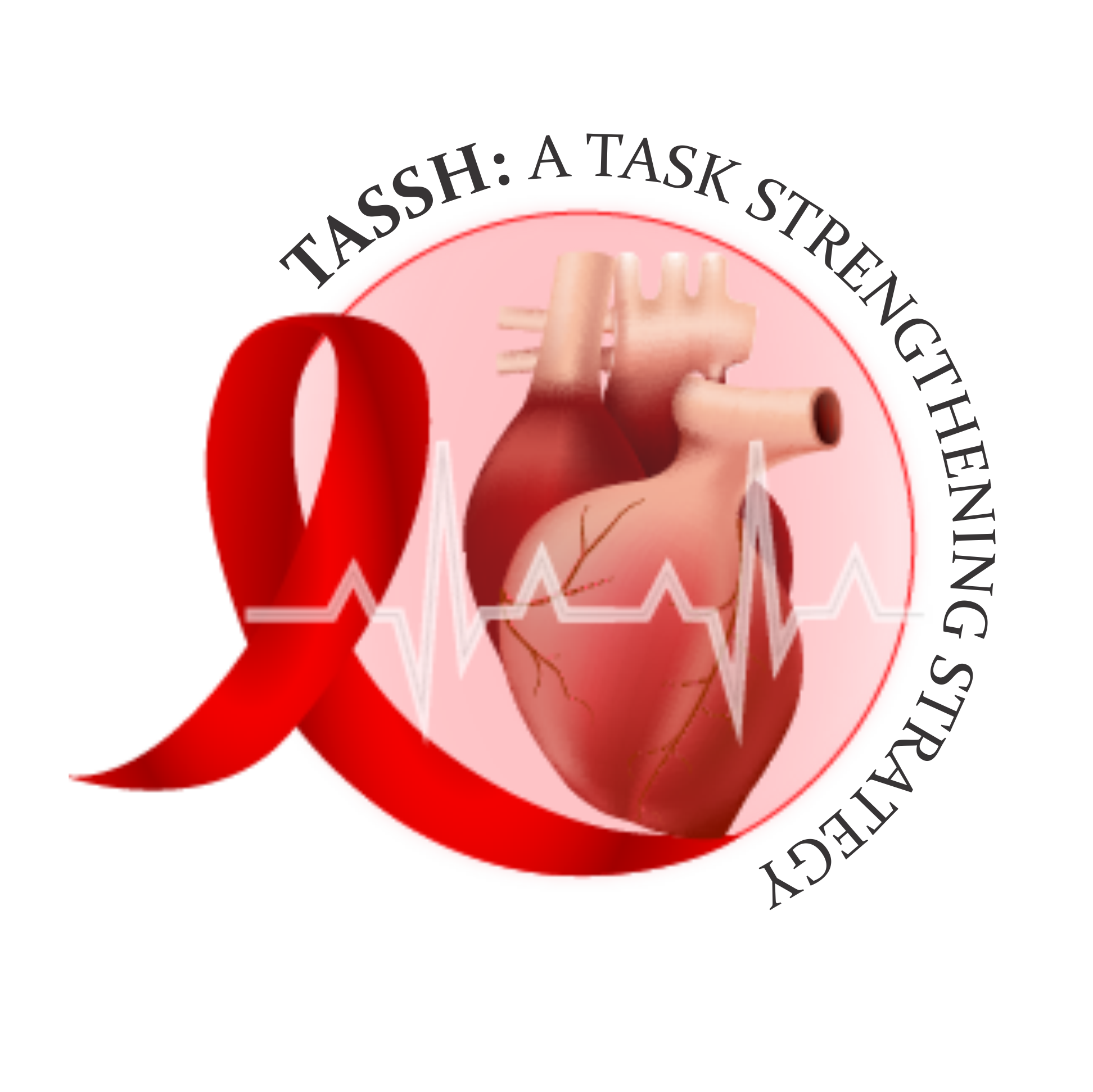
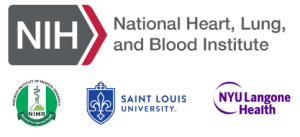 from Saint Louis University
from Saint Louis University